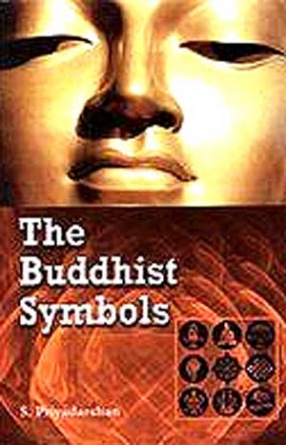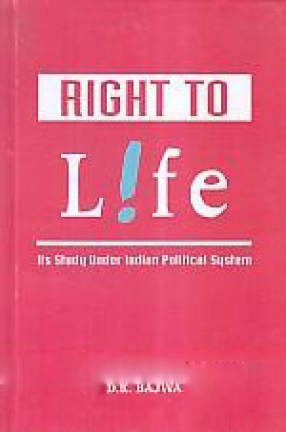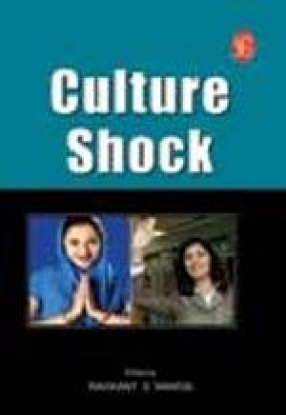Buddhism, the most esoteric and symbolic of Buddhist traditions, relies heavily on several kinds a rituals that underscore the oneness of body, speech, and mind, including mudras (symbolic hand gestures), mantras (symbolic words) and mandalas (symbolic icons). In this book we aim to help readers understand such key Buddhist symbols through black-and-white images and their corresponding explanations. Readers will learn about the Wheel of Life, the Infinite Know and various kinds of stupas, as well as different manifestations of the Buddha. The author also includes short discussions of the ritual symbolism of everyday objects such as lotus flowers, mustard seeds, mirrors and yogurt. The illustrations are helpful, though they would be more useful in colour, since the colours used are often symbolic. The accompanying descriptions are sometimes too short to suggest the complexities of each image. In this fascinating study, the author not only expalins the nine best-known groups of Tibetan Buddhist symbols, but he also shows how they serve as bridges between our inner and outer worlds. Buddhist Symbols in Tibetan Culture is a fascinating study, offering us entry points into the layers of meaning that may be found in the common and not-so-common, pointing the wat to ultimate.
Sacrifice and Cosmos: Yajna and the Eucharist in Dialogue
In Hinduism, yajna has been ...
$56.70
$63.00





There are no reviews yet.